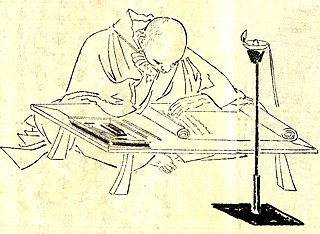A Quote by Johann Wolfgang von Goethe
He who is wise puts aside all claims which may dissipate his attention, and confining himself to one branch excels in that.
Related Quotes
It reflects no great honor on a painter to be able to execute only one thing well -- such as a head, an academy figure, or draperies, animals, landscapes, or the like -- in other words, confining himself to some particular object of study. This is so because there is scarcely a person so devoid of genius as to fail of success if he applies himself earnestly to one branch of study and practices it continually.
No man is so foolish but may give another good counsel sometimes; and no man is so wise, but may easily err, if he will take no others counsel but his own. But very few men are wise by their own counsel; or learned by their own teaching. For he that was only taught by himself had a fool to his master.
People at civil-liberties organizations say it's a sea change, and that it's very clear judges have begun to question more critically assertions made by the executive. Even though it seems so obvious now, it is extraordinary in the context of the last decade, because courts had simply said they were not the best branch to adjudicate these claims - which is completely wrong, because they are the only nonpolitical branch. They are the branch that is specifically charged with deciding issues that cannot be impartially decided by politicians.




































